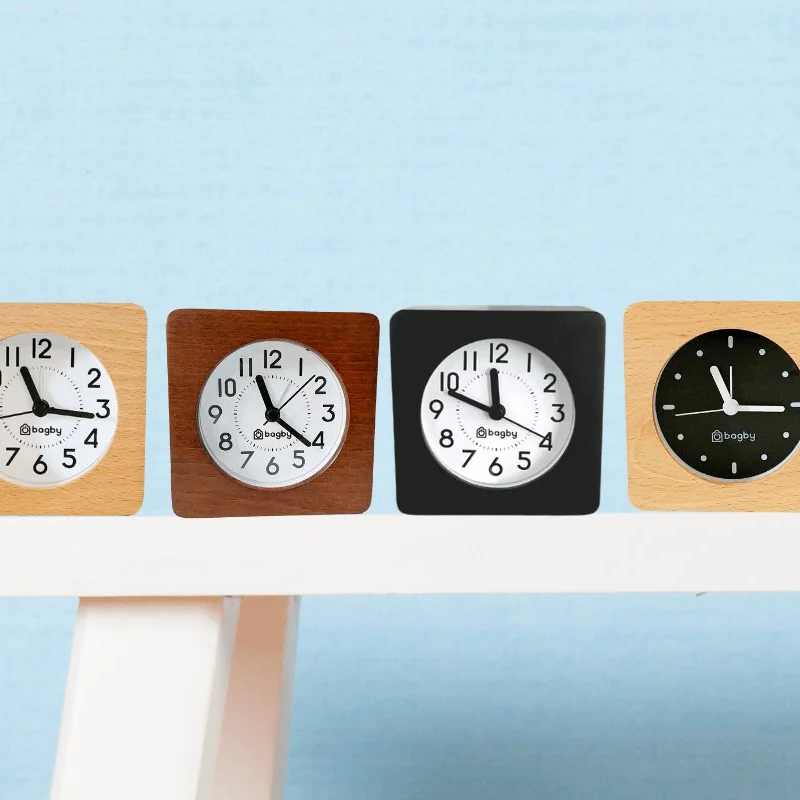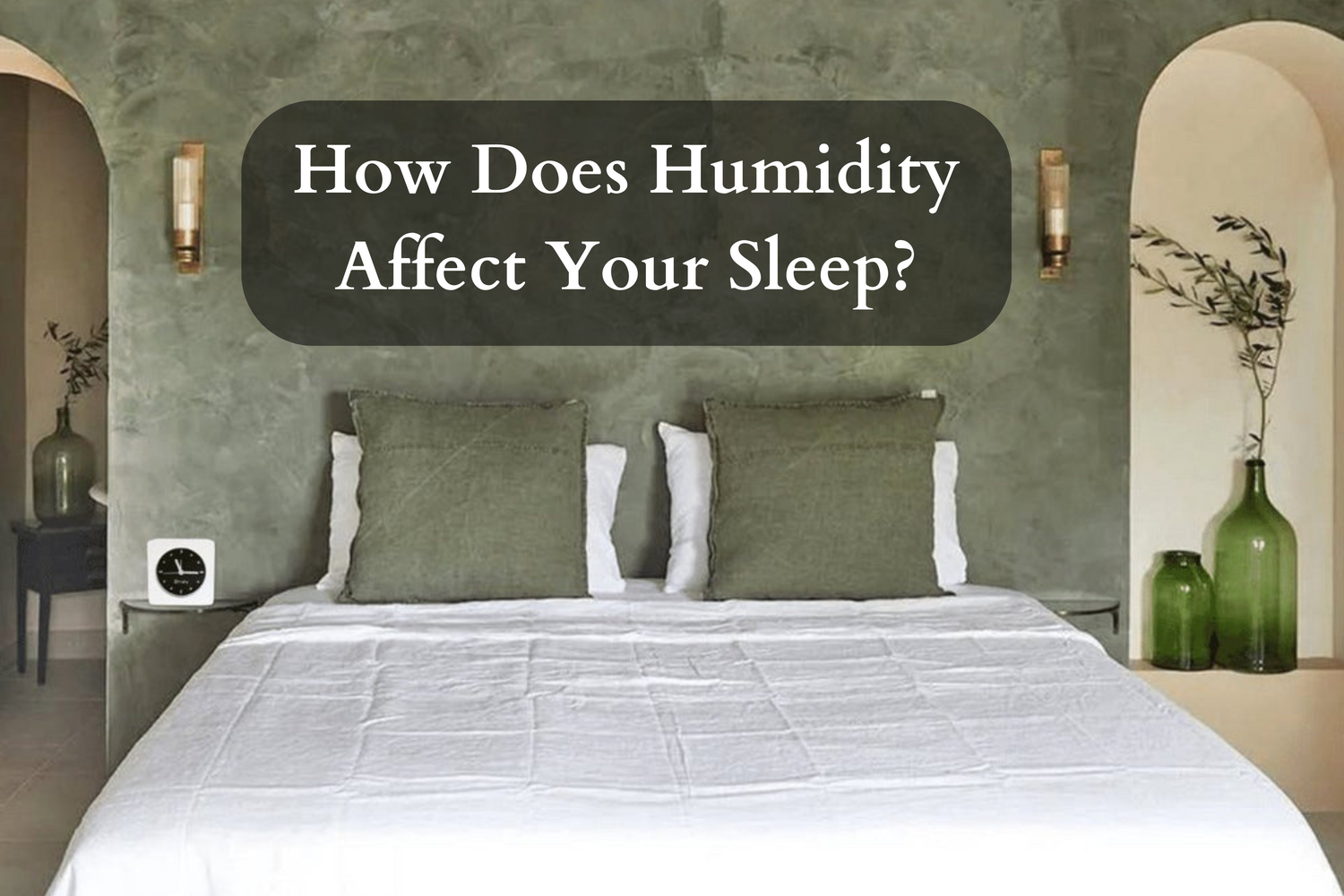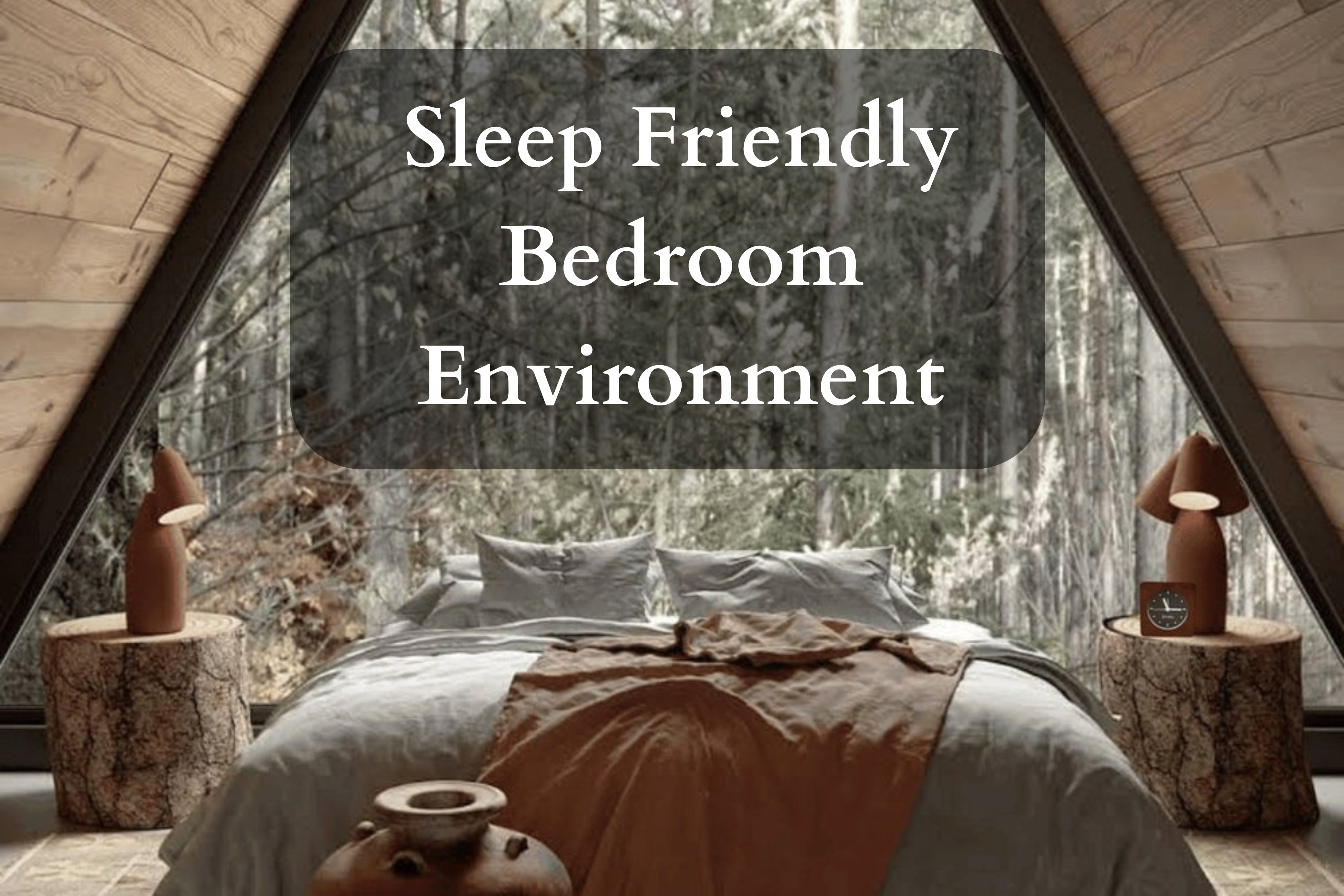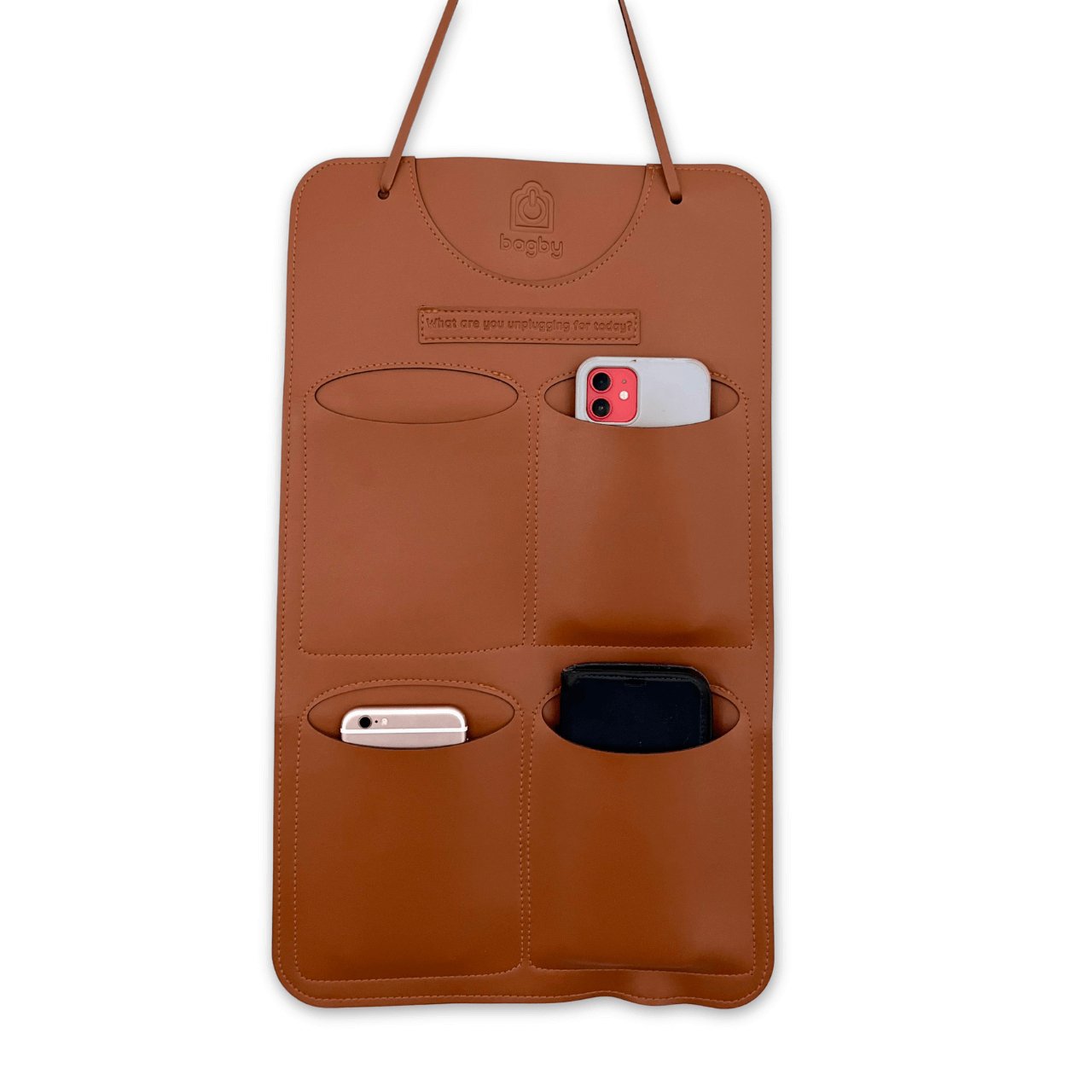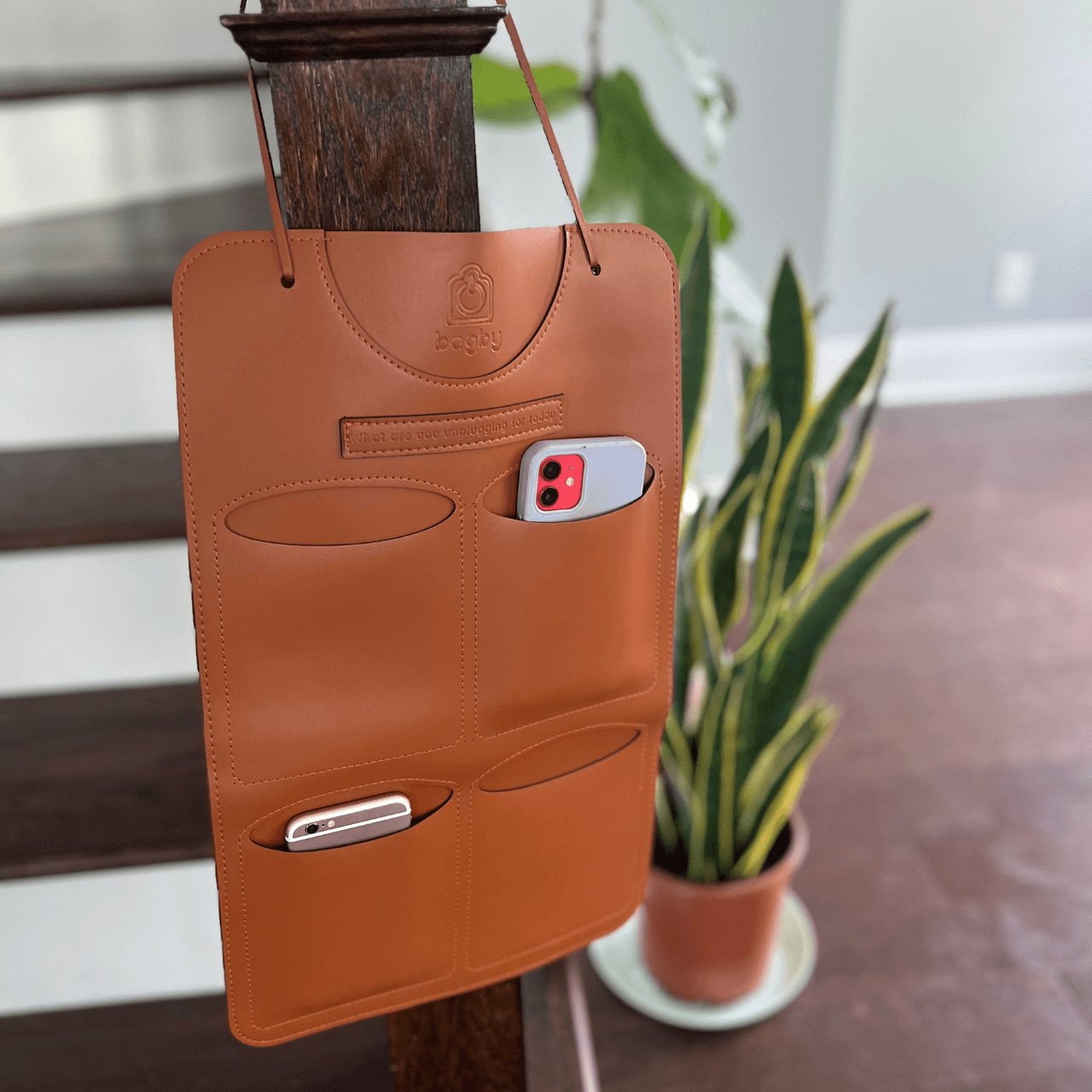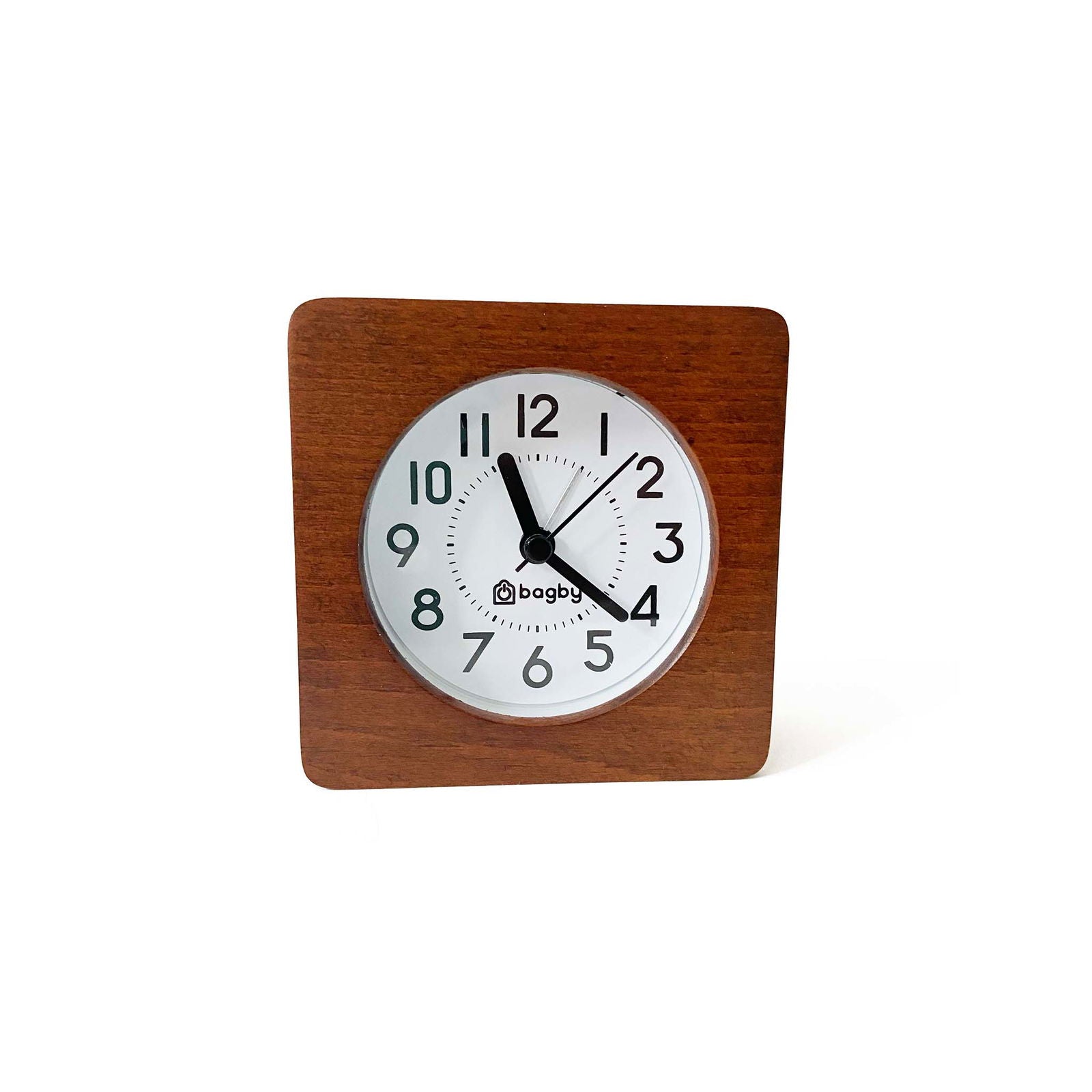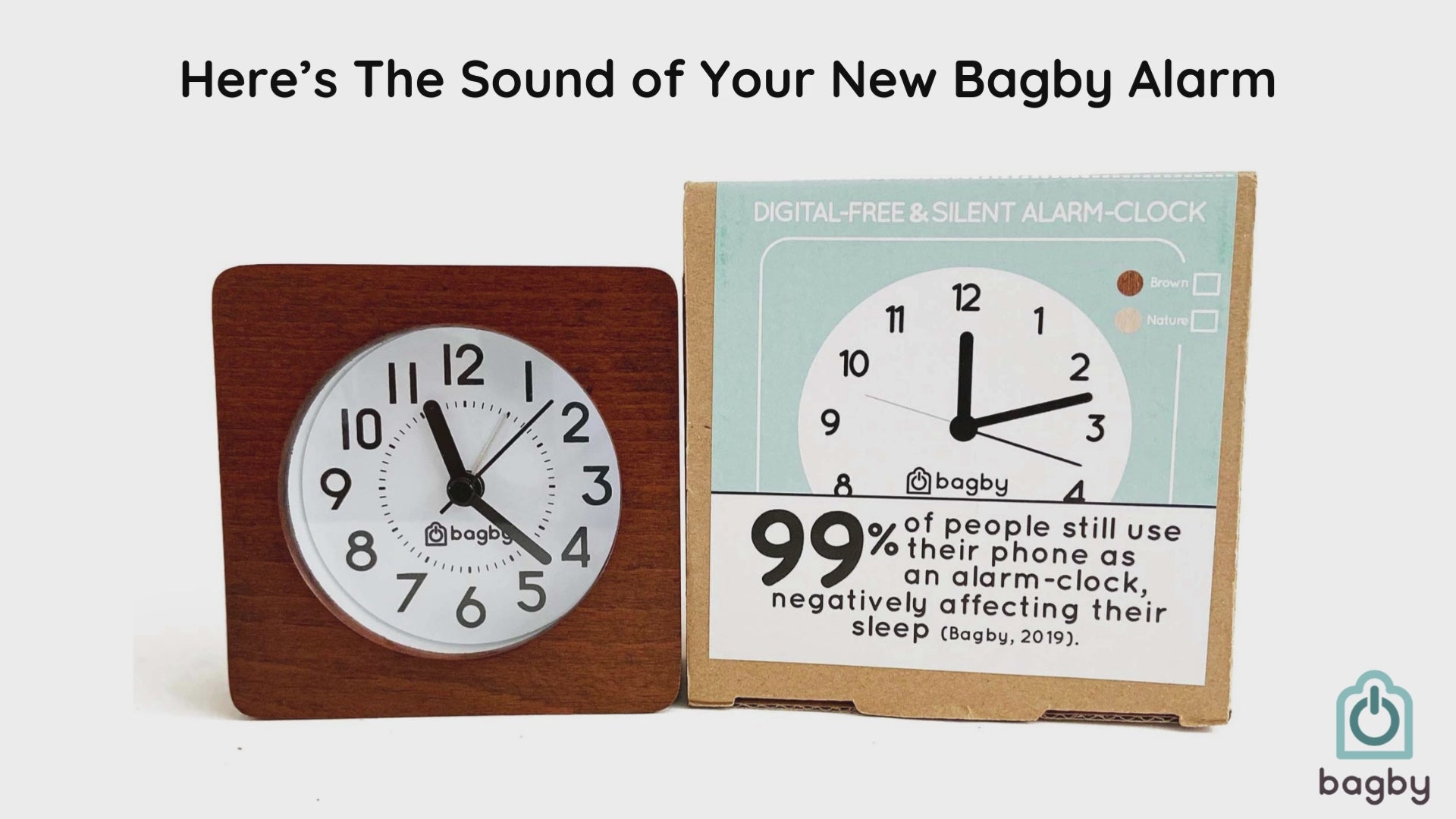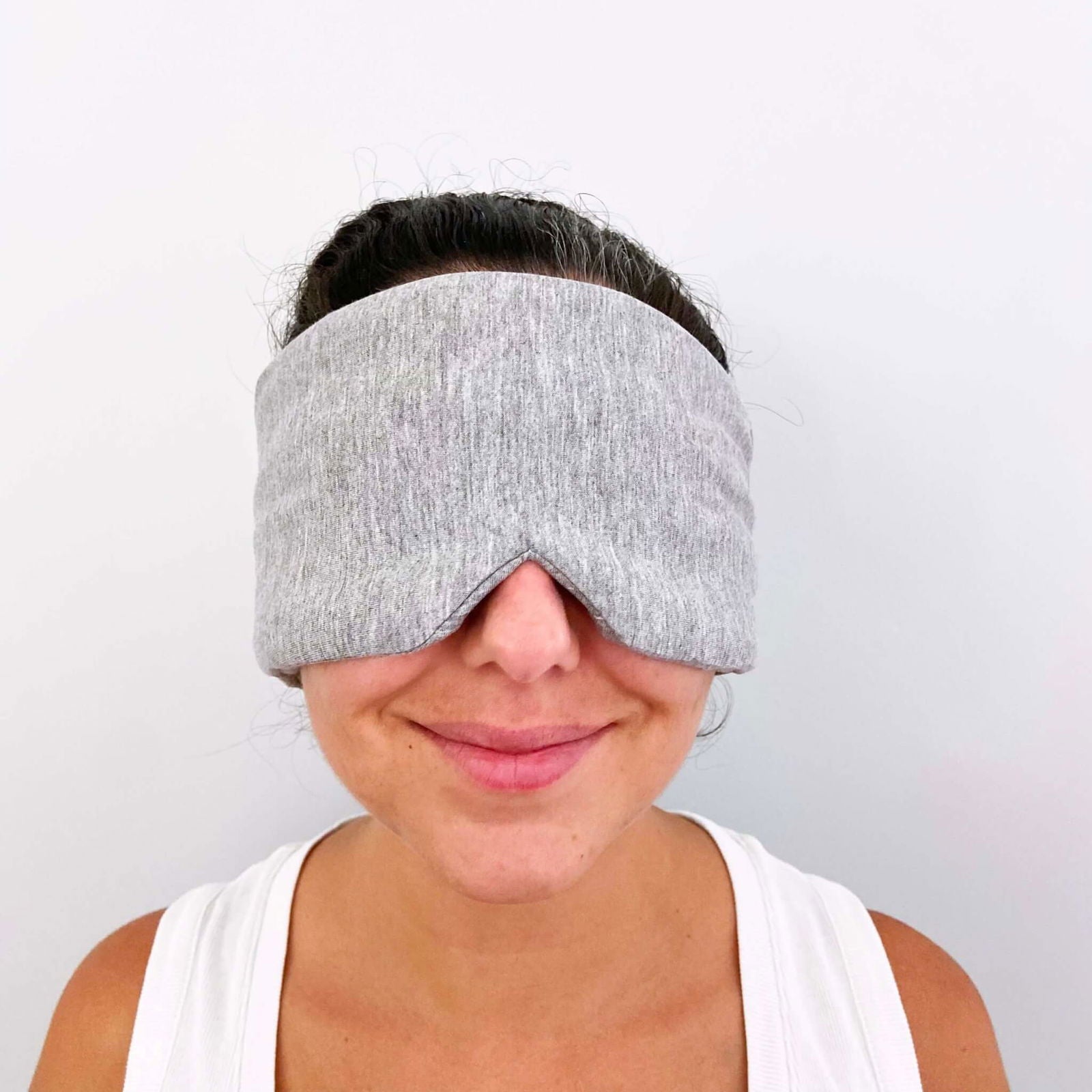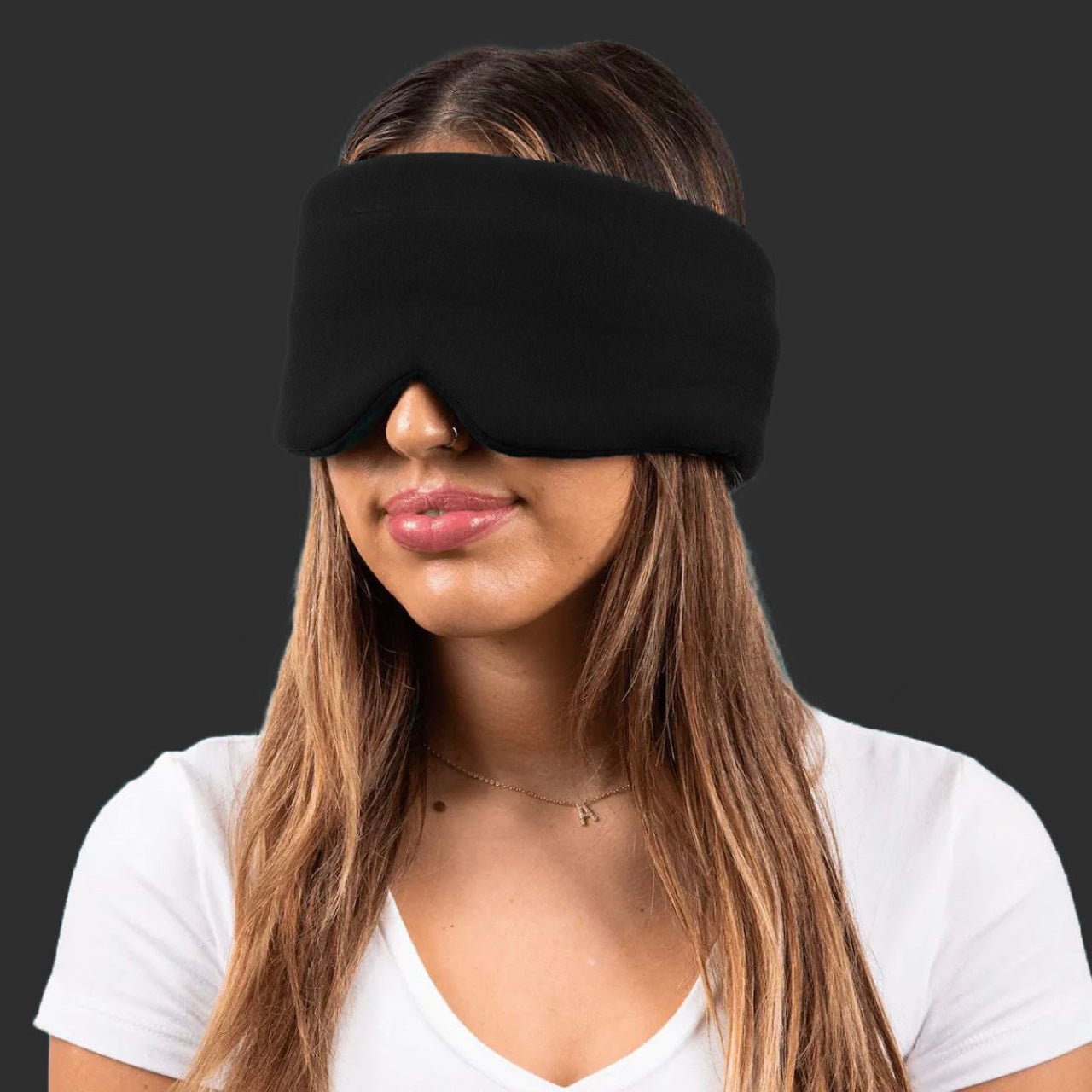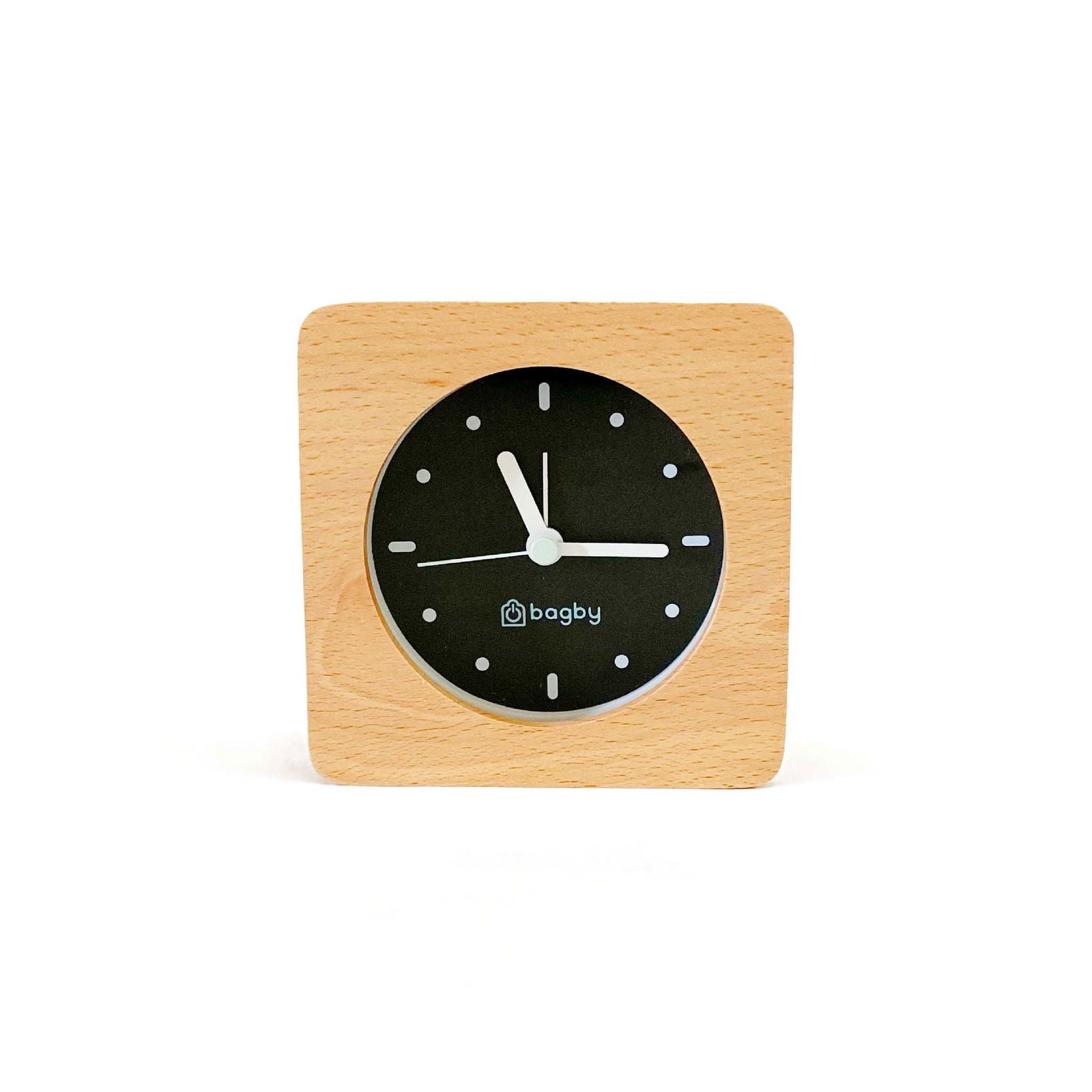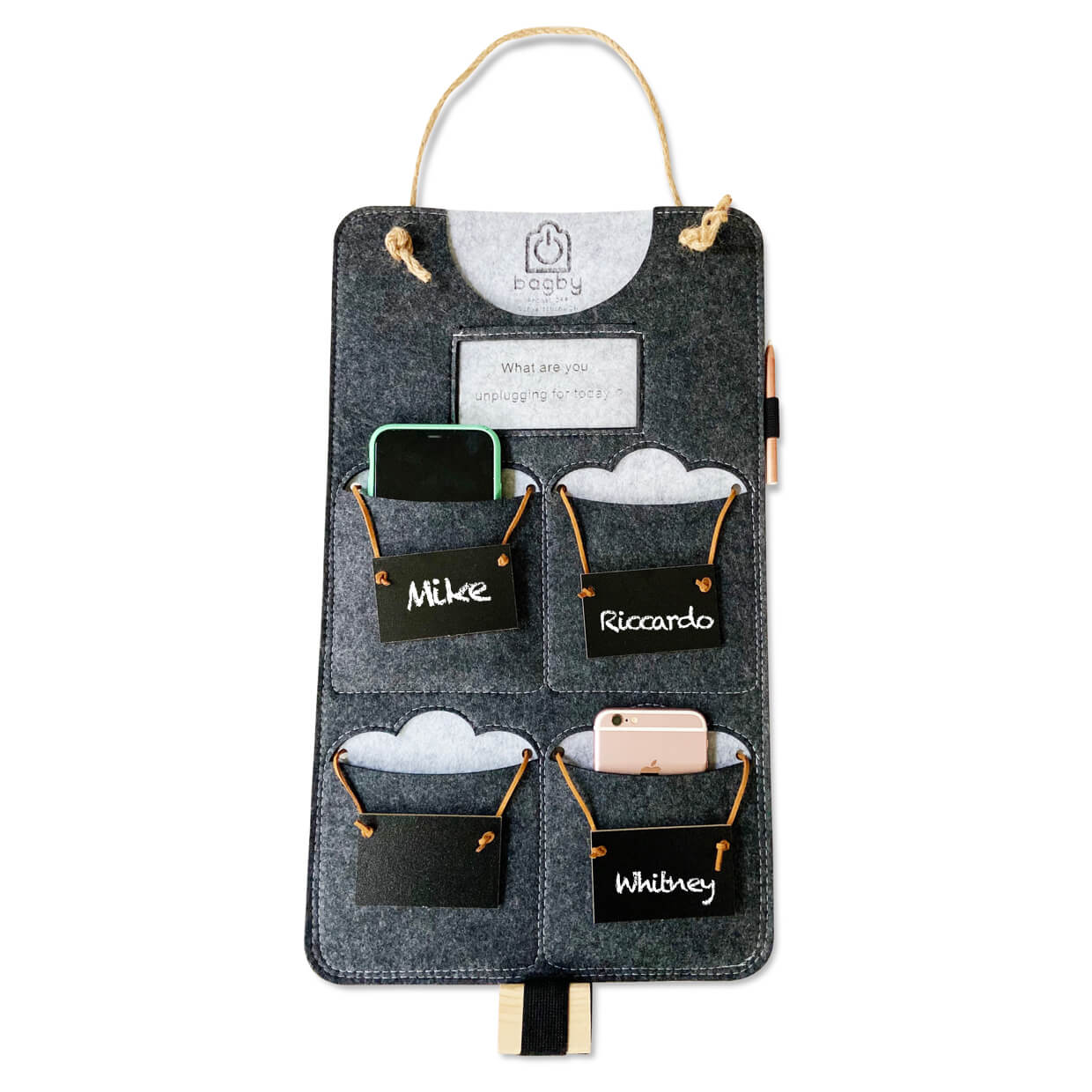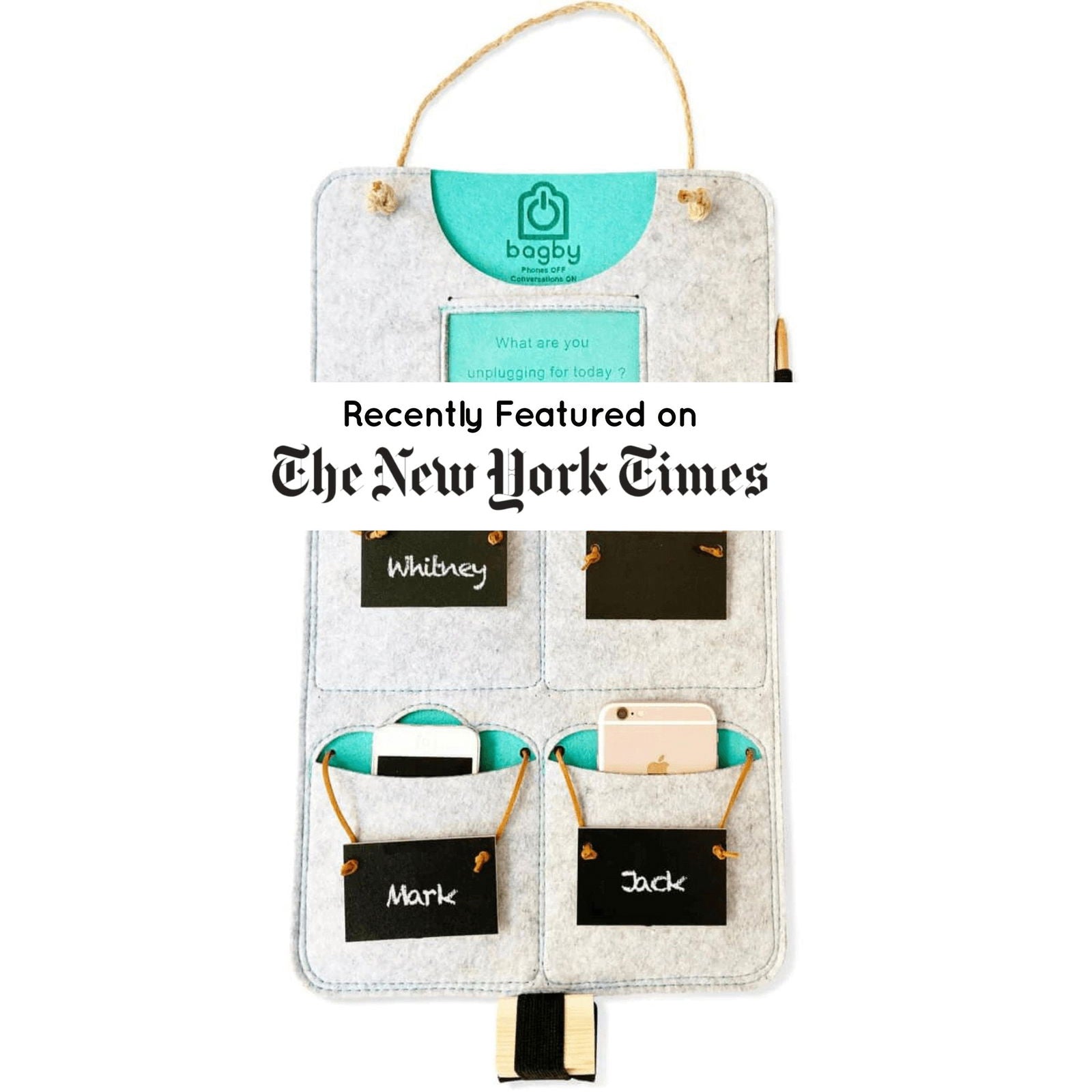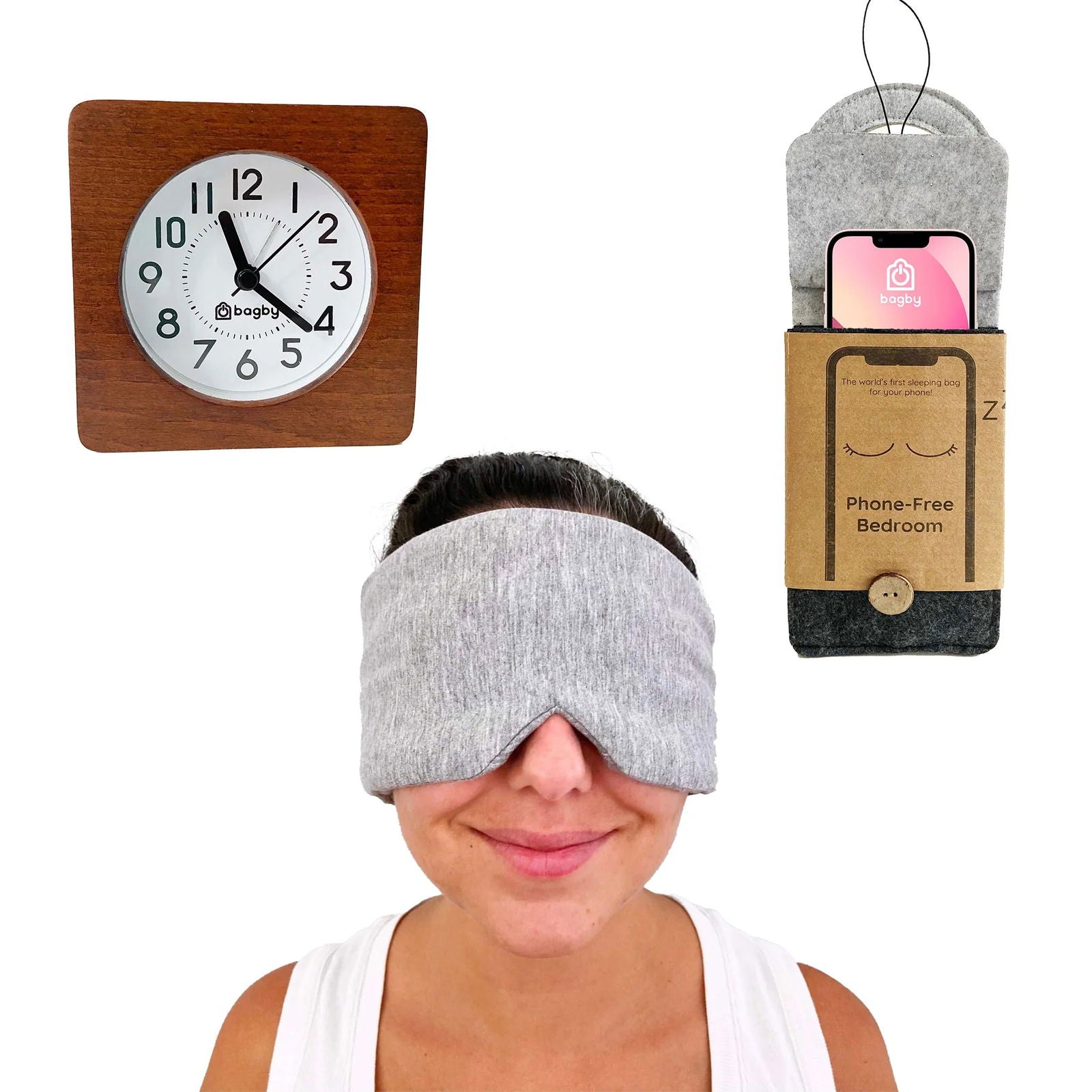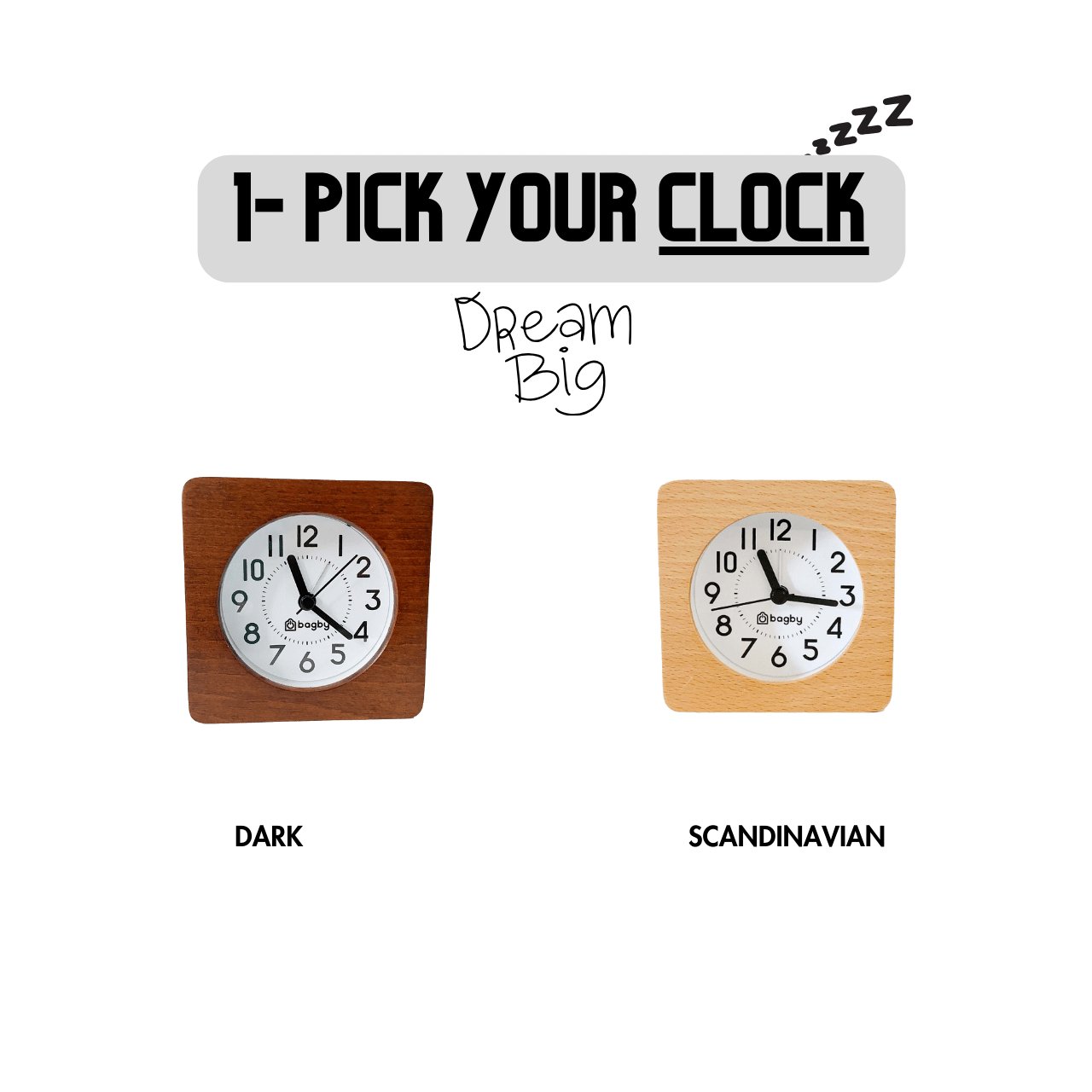Ever wondered why you wake up tired—even after 8 hours in bed? We used to blame our mattress, our dinner, our phone (that one’s valid, by the way). But the real culprit? The air itself.
Let’s talk about humidity—the silent disruptor of our so-called “restful nights.”
You see, while we obsess over the best temperature for sleep, we forget how humidity and sleep are tightly intertwined. Mess up your bedroom humidity and you're either sweating like it's July in a tent... or waking up with a Sahara-level dry throat.
At Bagby, we’re on a mission to create phone-free, sleep-friendly sanctuaries—environments that help your mind and body actually rest. No buzzing phones. No blue light. Just peace, and yes, the perfect humidity for sleeping.
What Is Humidity & Why It Matters for Sleep
Understanding Humidity vs. Relative Humidity
Okay, first—humidity just means the amount of water vapour in the air.
But when we talk about humidity and health, we usually mean relative humidity—that’s how much moisture is in the air relative to how much it could hold at a specific temperature.
For example, if your room is 25°C and your humidity in percentage is 50%, it means the air is holding half of the moisture it potentially could.
So why does this matter for your sleep?
Because your body is a thermostat. And when humidity levels swing too high or too low, your system struggles to cool down or stay hydrated—which throws off your body temperature while sleeping. And trust me, once that’s off, your optimal sleep temperature is toast.
How Do You Measure Humidity in a Room?
I didn’t want to guess, so I got a cheap digital hygrometer off Amazon. That little guy tells me the humidity level for my bedroom in real-time.
Most experts (and now me) recommend keeping indoor humidity between 40%–60%. This is what’s called the healthy indoor humidity range—ideal for both your skin and your REM cycles.
Why Does Humidity Go Up at Night?
Ever noticed your room feels stickier at night—even with no AC change? That’s not in your head.
Humidity increases at night because cooler air can’t hold as much moisture. So, as the temperature drops, relative humidity rises, making you feel warmer and more uncomfortable, even if the actual temperature is dropping.
This is also why you may wake up in the middle of the night thinking, "Why do I get hot while I sleep?"—it’s not just the sleeping body temp rise, it’s the humidity spike that traps heat around you.
The Connection Between Humidity and Sleep Quality
Optimal Humidity for Humans (and Sleep!)
Let’s cut to it: What is the best humidity level for sleeping?
Experts say somewhere between 40–60% is your ideal bedroom humidity. That’s your sweet spot for good humidity level for sleeping—not too dry, not too wet.
Here’s what I’ve found in my own life:
|
Humidity Level |
How It Feels |
Sleep Impact |
|
20–30% |
Dry, static, sore throat |
Bad for sinus, skin, causes light sleep |
|
40–60% |
Balanced, breathable |
Great for deep sleep, aligns with best sleep temp |
|
70%+ |
Sticky, hot, hard to breathe |
Triggers sweating, interrupts sleep rhythm |
If you’ve ever woken up saying, "Why is my body temperature rising when I sleep?"—that’s often humidity doing its dirty work.
The best humidity level for sleeping in winter might be slightly lower, but even then, never dip below 30%—unless you love dry skin and random nosebleeds.
High Humidity Effects on Sleep
Now let’s talk high humidity. I’m talking 70%+. I had this once during monsoon season, and it felt like trying to nap in a swamp.
Here’s what happens:
-
You can’t cool down, because sweat doesn’t evaporate.
- Your REM sleep gets disrupted because your body’s too busy sweating.
-
Mould, dust mites, and allergens thrive—especially when your sheets are even a little damp.
-
You’re more likely to wake up with dehydration symptoms and poor breathing.
So yes, if you’re wondering, “Does high humidity make your room hotter?”—absolutely. And that’s what messes with your sleeping temperature.
Low Humidity Effects on Sleep
On the flip side, low humidity might sound better—but it’s just a different problem.
I used to run my heater all winter without a humidifier. The result? Cracked lips, dry nose, sore throat, and basically zero deep sleep.
These are classic symptoms of sleeping in a dry room. The air robs your skin and sinuses of moisture. You wake up feeling like you just licked a piece of sandpaper.
This is where the benefits of sleeping with a humidifier kick in. A good unit keeps your humidity for sleeping within the safe zone—even in the dead of winter.
Plus, it’s a game-changer for sinus sufferers, and if you’ve ever experienced snoring, a humidifier may genuinely reduce it.
What Should the Humidity Be in Your Bedroom?
Ideal Bedroom Humidity Range
So, let’s answer it directly: What should the humidity be in my bedroom?
Your recommended bedroom humidity should sit right around 45%–55% for year-round comfort.
In winter, aim closer to 40% to avoid condensation. In summer, keep it near 50% to prevent stickiness.
This range supports:
-
Stable body temperature when sleeping
-
Proper breathing
-
Balanced skin hydration
-
Deep sleep and healthy sleep rhythm
It’s the unsung hero of your sleep hygiene, along with the best temperature to sleep (which, by the way, is between 16–19°C for most adults).
Average Room Humidity vs. Ideal Levels
The average humidity in a house is usually not what your body needs to sleep well.
Many homes hover around 30% in winter and can spike to 70% in summer—both of which are outside the optimal humidity for sleeping.
This is why I recommend every bedroom have its own humidity reader (digital hygrometer). It’s the cheapest, fastest way to figure out if your room is secretly ruining your sleep.
If it’s too dry—get a humidifier. If it’s too damp—use a dehumidifier or improve airflow. Don’t just guess.
Creating a Humidity-Optimised, Tech-Free Bedroom Sanctuary
Let’s get real—no amount of humidifiers, lavender oil, or fancy sleep technology will work if your room’s a tech warzone.
I used to sleep next to two phones, a laptop, and my smartwatch charging away... and then wondered why my sleep rhythm disorder was getting worse.
At Bagby, we believe in a simple formula:
Less tech. Better air. Deeper sleep. That’s your real sleep sanctuary.
1. Keep Devices Out – Reduce Heat, Blue Light, and Distraction
First thing I did? I moved my phone out of the bedroom. Not just away from the bed—out of the room.
Why? Because electronics don’t just mess with your mind. They mess with the room temperature. Charging devices heat up the space, skew your body temperature while sleeping, and disrupt your sense of what’s actually comfortable. That means even with the best humidity level for sleeping, you still feel off.
In Image: Bagby ORIGINAL – Sleeping Bag For Your Phone
Now, I use the Bagby ORIGINAL – Sleeping Bag For Your Phone. Sounds quirky, but it’s brilliant. I pop my phone in before bed, like tucking it in, and forget about it. No buzzing. No scrolling. No blue light sleep interference. It’s been a game-changer for fixing my sleeping schedule.
2. Use Natural Sleep Aids
The next thing? Replacing tech with tools that actually help me sleep.
If you're dealing with dry air or your room's humidity drops below 35%, your eyes and skin take the hit. That’s why I started using the Bagby NIGHT – Eye Mask.
It’s super soft and blocks out even the tiniest light—which matters because even dim lighting affects your melatonin levels. And unlike regular masks, this one helps retain moisture around your eyes, especially helpful when sleeping in a dry room.
In Image: Bagby NIGHT – Eye Mask
Pair it with a few drops of lavender oil for sleep and boom—you’ve got a natural aromatherapy for sleep combo. Also, let’s not forget—lavender helps you sleep by calming your nervous system and reducing shaking during sleep caused by stress or dehydration.
3. Embrace Silent Wakeups
Another mistake I used to make? Waking up to a phone alarm. Blinding screen, anxiety-triggering notifications, and yes, the temptation to scroll first thing.
In Image: Bagby CLASSIC Silent Alarm Clock
Now I use the Bagby CLASSIC Silent Alarm Clock, and sometimes the MINIMALIST version when I travel. No screens, no blue light effect on sleep, and definitely no doomscrolling at 6 am. Just a gentle wake-up that doesn’t dry out the room or ruin your ideal sleeping temperature.
If you’ve been trying to perfect your sleeping bedroom, I can’t recommend silent alarms enough. They help maintain your calm state, especially in a well-humidified room at the perfect temperature to sleep.
4. Organise the Chaos (and Tech)
Last but not least—declutter.
Clutter creates stress. Stress disrupts REM sleep. And messy rooms trap heat and restrict airflow, messing with your optimal indoor humidity.
That’s why I started using the Bagby FAMILY – Phone Organiser. It’s this sleek 6-pocket system that sits outside the bedroom. Everyone in the house drops their phones in before bed. It became a ritual—and a boundary.
In Image: Bagby FAMILY - Phone Organizer 6+1 Pockets
No screens. No heat. Just restful sleep at the best temperature to sleep—undisturbed and distraction-free.
Tips to Control Bedroom Humidity Naturally
How to Add Humidity to a Room Without a Machine
You don’t need machines for everything. When I’m feeling old school or just want something simple:
-
I leave bowls of water near the heater.
-
Air-dry clothes in the bedroom.
-
Add indoor plants like peace lilies—they release moisture.
Each of these boosts the humidity in a room, especially when it’s dry outside.
How to Reduce Humidity in a Room
And when things get sticky?
-
I open windows for cross-ventilation.
-
Use exhaust fans.
-
Avoid overcrowding my bedroom with tech.
One cool trick? I place the Bagby MAT – No-Phone Desk Pad on my nightstand. It’s not just about tech boundaries—it absorbs surface heat and keeps that corner cooler, subtly supporting comfortable indoor humidity levels.
In Image: Bagby MAT - No-Phone Desk Pad
Humidity for Specific Needs: Babies, Couples & the Sleep-Deprived
What Humidity Should a Baby’s Room Be?
If you’re a parent, listen up—humidity for baby room should sit at 50–55%.
Babies lose moisture faster, especially through breathing. And dry air can cause skin irritation, coughing, and poor sleep.
I always suggest the Bagby FAMILY – Phone Organiser to parents. Why? Because being present matters. And when your phone is parked outside, you’re more attuned to your baby’s needs and the sleep environment.
Sleeping When Sick or Stressed: What’s the Best Humidity?
Feeling under the weather? Or too stressed to sleep?
The best humidity for sleeping when sick is around 50%. That’s when your sinuses stay clear, and your body doesn’t dehydrate.
A good humidifier for sinus relief is essential here—and yes, it absolutely can help with snoring, especially when your throat gets dry from mouth breathing.
And if you're battling shaking in your sleep or tremors during sleep linked to fever or stress, a balanced humid room with calming scents like lavender is one of the most powerful non-medical fixes I’ve found.
Digital Wellbeing, Mindful Bedrooms & Better Humidity Habits
In Image: Bagby PEACE - CLASSIC Sleep Sanctuary Bundle
I love the Bagby PEACE Bundle—a simple setup that combines digital detox with mindful bedroom tools to support healthy humidity and sleep. You're not just sleeping in a room anymore—you're creating a sanctuary. The kind of space where body temperature while sleeping stays regulated, your mind disconnects, and your rhythm resets.
And when you free your room of screens, heat, and EMF-emitting devices, your optimal sleep temperature and ideal humidity for sleeping aren’t constantly thrown off. No more waking up in a fog or feeling restless after 7 hours. Just real rest.
Conclusion: The Sweet Spot Between Dry and Damp
So, what’s the takeaway? What is the ideal humidity for sleep?
If you ask me—and every sleep scientist worth their salt—it’s somewhere between 40% and 60%, depending on the season. That range helps maintain your sleeping body temp, reduce skin irritation, and support breathing. And it works whether you prefer the ideal sleeping temperature slightly warmer or cooler.
To find that sweet spot, you don’t need to guess. Start by checking your current levels with a hygrometer. You’ll be surprised how off it might be.
Then, optimise your space:
-
Use a humidifier for sleep if it's dry.
-
Try a dehumidifier if it feels muggy.
-
Keep tech out, use silent alarms, and consider natural sleep aids like lavender oil and eye masks.
And if you’re not sure where to begin, the Bagby PEACE Bundle is a great starting point. It’s like pressing reset on your sleep life—one without blue light, stress, or distraction.
FAQs: Everything You Want to Know About Humidity & Sleep
Q. What humidity should my bedroom be?
A. Your bedroom humidity should ideally stay between 45–55% for the best results. This range supports your body temperature when sleeping, keeps your skin hydrated, and reduces overnight coughing or dryness.
Q. How does humidity affect my health at night?
A. High humidity makes your room feel hotter and causes sweating during sleep, while low humidity leads to dry air, skin irritation, and even shaking in your sleep due to discomfort. Balanced humidity and sleep go hand-in-hand.
Q. Is 70% humidity too high for sleeping?
A. Yes. 70% humidity is considered excessive and can disrupt your sleeping temperature, promote mould, and trigger allergy symptoms. If you feel sticky at night and can't cool down, it's a sign.
Q. Can sleeping in a dry room make me sick?
A. Absolutely. Sleeping in a dry room can dry out your nasal passages, increase the risk of colds, and cause light sleep or even snoring. That’s why benefits of sleeping with a humidifier are so widely praised.
Q. Does a humidifier really help with sleep?
A. It can be a total game-changer. A good humidifier for bedroom helps maintain the best humidity level for sleeping, especially in winter. It supports deep sleep by easing breathing and regulating your body temp while sleeping.


